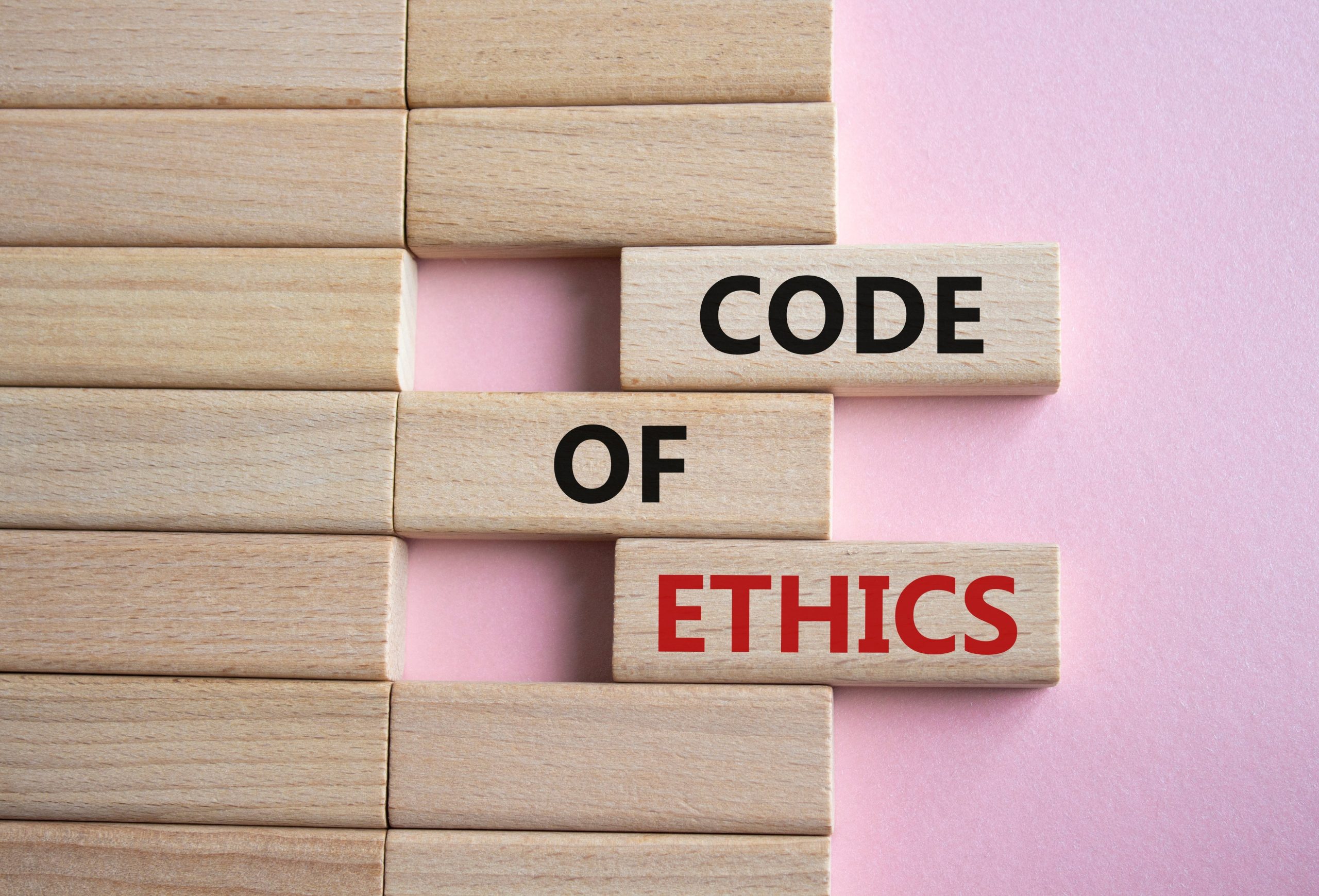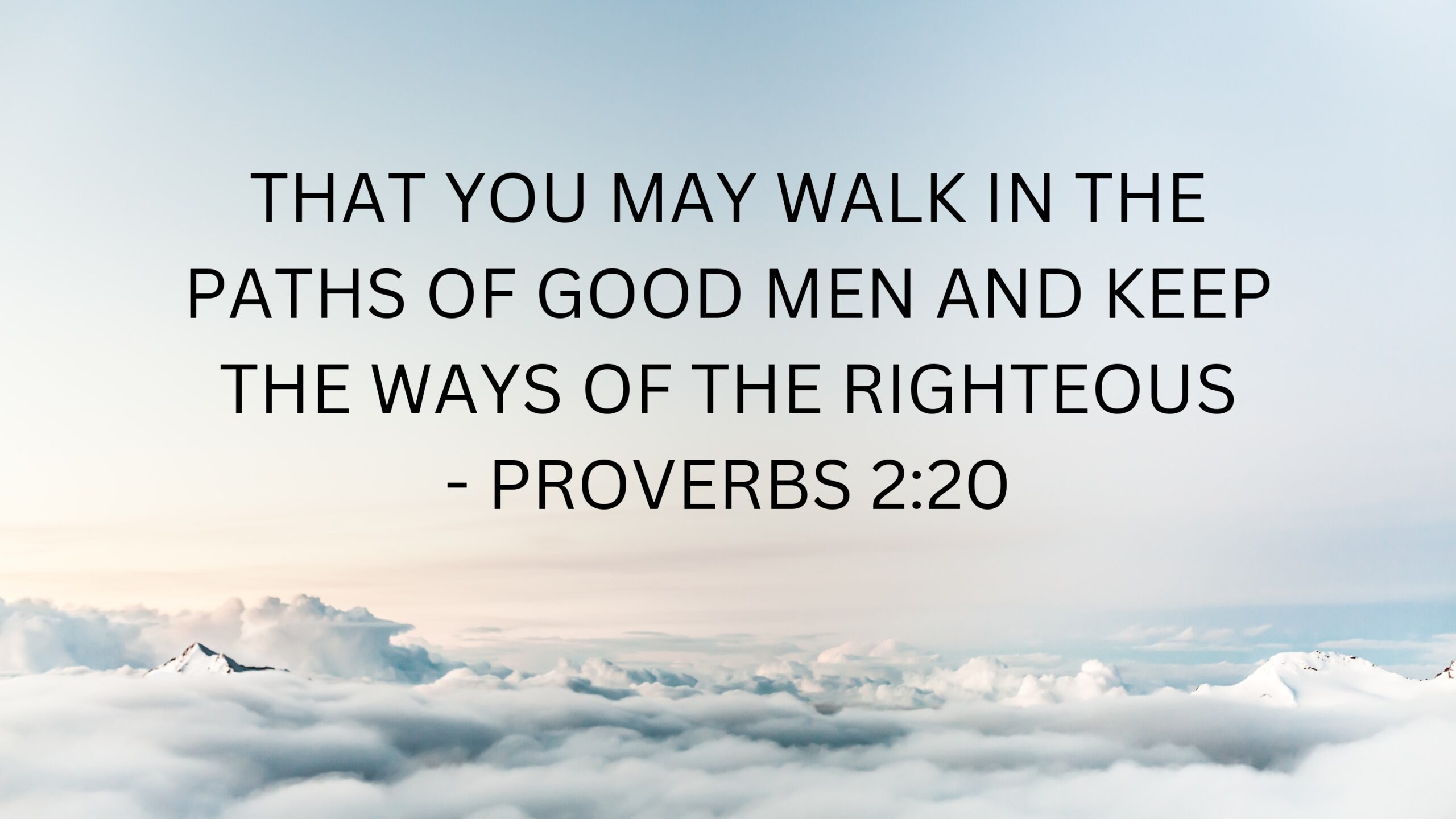| Getting your Trinity Audio player ready... |
[Laws of Yom Kippur] Even if boys and girls less than nine years old want to fast for a while, they should not be permitted to do so, because it may, God forbid, endanger their health. But when they are nine years old and in good health, they should be trained to fast a little, and they should not eat until a few hours past their regular mealtime. Concerning wearing shoes, washing and anointing, children should be trained [to abstain] even before they are nine years old.
You must honor your parents even after their death. If you mention them within twelve months after their passing, whether you do so orally or in writing you should say or write, “May I be an atonement in his stead” (i.e., I take (accept) upon myself all the evil [punishment] that would be inflicted upon his soul), or may I be an atonement in her stead. After twelve months have transpired (since he would have already received any punishment due him, for [even] the judgement in Gehinom of the wicked of Israel does not exceed twelve months), you should say or write, “May his memory be a blessing in the life of the World to Come” or “May her memory be a blessing in the life of the World to Come.”
You should be ever careful to honor your wife, for blessing is not found in a person’s home but for the wife’s sake. And so the Sages said to the men of their time, “Honor your wives so that you may be blessed with wealth.” [Maseches Baba Metziah (59a).]
Every father is obligated to train his young children [footnote: Some say every mother too. See Mishna Berurah 343:5. Others say if he has no father, his mother and Beis Din are responsible to train him. (see Mishna Berurah 640:5)] [After his Bar Mitzvah, you are as responsible for him as you are for your fellow Jew and must reprimand him when necessary and direct him to do what is right. (see Mishna Berurah 225:7)] in the practice of all the mitzvos, both Biblical mitzvos, and mitzvos that are Rabbinically ordained. They should be trained to do each mitzvah, in accordance with his or her intelligence. It is also his obligation to prevent them from doing any forbidden act, [Even from violating a Rabbinic injunction] as is said in the Scriptures, “Train a child in the way he should go,” [Proverbs 22:6. etc.] If words are of no avail, you should chastise him with a rod, or the like. But you should not strike him severely as some fools do; a wise person will act intelligently. It is especially important to watch that they tell no lies, [The Gra, in his Iger’s, says to deal severely with children when they tell a lie.] and to train them to speak the truth, and to avoid oaths. The above things are mandatory upon fathers as well as teachers. {Radical Universe Notes: Rabbi Abraham Twerski has warned against hitting a child (Successful Relationships, p 39-45). Rabbi Mordechai I. Hodakov has condemned this practice for our time (The Educator’s Handbook, p 50). See footnote for more information.}
When there is a controversy between two persons, it is best for them to agree to an acceptable compromise, with each side yielding somewhat, in order to avoid the humiliation of a lawsuit. They should make every effort to do so. If it is impossible for them to reach an acceptable compromise, and they are forced to go to court, they should go before a Jewish Beis Din. It is forbidden to bring a suit before secular judges, and in their courts; even if their decision would be in accordance with the Torah law. [When Jewish courts base their decisions on secular laws, it is also forbidden to appear before them. (Chazon Ish 55:15 Tzitz Eliezer II 82).] Even if both litigants are willing to bring the case before them, it is forbidden to do so. Even if they had made a binding agreement, or they had a written agreement to that effect, it is of no avail. Whoever brings a case before them is a wicked person, and it is considered as if he had insulted, blasphemed, and rebelled against the Torah of Moshe Rabbeinu, peace be on him. Even in a case where a man is permitted to take the law into his own hands, as will be explained, God willing, in paragraph 9, it is forbidden to do so through non-Jews. Even if he does not bring the case before a secular tribunal, but uses non-Jews to force his opponent to go with him to a Jewish court, he deserves to be flogged. When the defendant is a difficult person, and you live in a society governed by non-Jews; you should first summon him to appear in Beis Din. If he refuses to go, you may obtain the consent of Beis Din, and save your property in the secular courts.
Similarly, it is a mitzvah to remove any obstacle that represents a possible danger to life. You must also take care to protect yourself from it, as it is said, “Preserve yourself, and preserve your soul (life) diligently.” If you neglect and do not remove potentially dangerous objects, you will have violated the affirmative mitzvah, and transgressed the negative command, “You shall not bring blood upon your house.” This is applicable if you allow a broken ladder to remain in your house or property, or if you keep a vicious dog. Just as you must guard your body, and not allow it to deteriorate, to be damaged or to be injured, as it is said, “Preserve (guard) yourself, and preserve your soul (life) diligently;” so, too, you must guard your property against destruction, ruin, or damage. Anyone who breaks a vessel, tears a garment, or destroys food or drink, or pollutes them, or throws away money, or spoils anything that is fit for man’s enjoyment, violates a negative precept, as it is said, “You shall not destroy its trees” etc.
Note to Readers: The insights and wisdom in these books are too valuable not to be shared widely. There’s an urgent need for them to be made into audiobooks, expanding their reach and accessibility. If you have the influence or means to make this happen, I encourage you to lend your support. Let’s work together to bring these important words to a broader audience.













